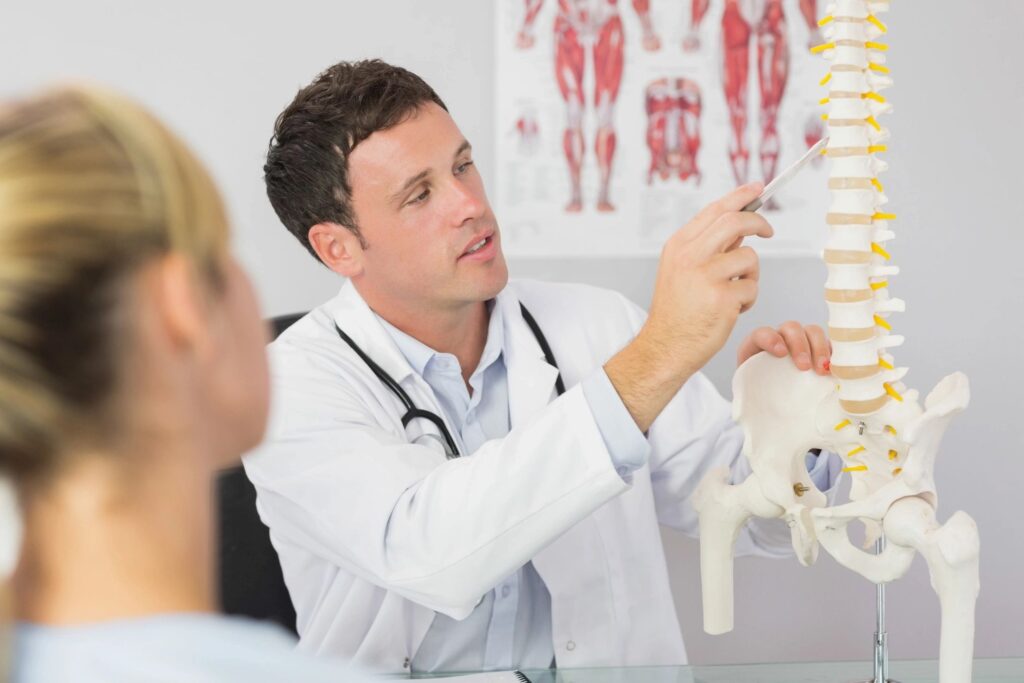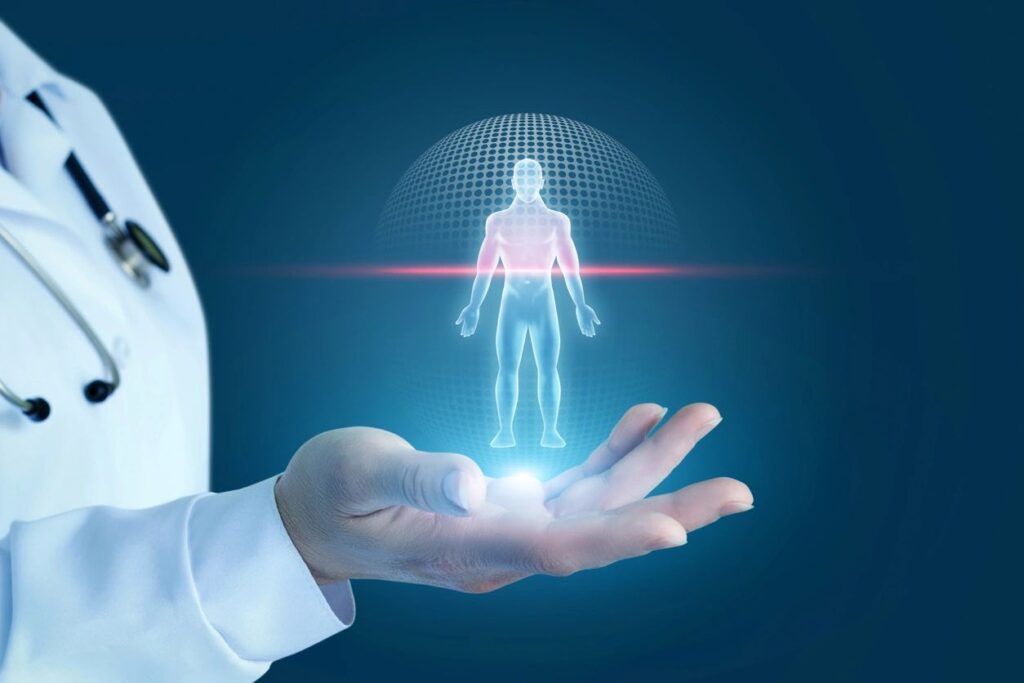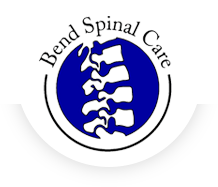Is “Popping” Your Back Bad?

After a night of stiff sleep or a long car ride, you may stretch your back out, waiting for a cracking sound that brings relief. While this is commonly called cracking your back, you are not actually cracking any bones- instead, you are releasing pent-up air or CO2 (carbon dioxide). Medically, we call the cracking sound a cavitation. People may have told you this is dangerous and can cause permanent damage if you continue to do so. While it is generally safe, cracking your back can indicate an underlying condition that won’t be resolved by the habit and should be seen by a chiropractor instead.

Why Your Back Cracks
All the joints in your body are lubricated by a substance called synovial fluid, which allows them to move smoothly. Air bubbles can form in the area surrounding the joints, which may cause feelings of stiffness or soreness that led you to crack your back. The movement places pressure on the fluid, causing gas to be released from the joints. This release of nitrogen, oxygen, and carbon dioxide from the facet joints makes a popping sound- or what is referred to as the cracking. Because the pressure dissolves, you will likely feel relief from whatever prompted you to crack your back in the first place.
In most cases, what you are hearing is this release of gas. In some cases, there may be actual movement occurring, but this is associated with a feeling of pain rather than relief.
Can I Crack My Back Every Day?
While it is generally safe to crack your back, doing so more than once per day may be a sign of more serious conditions that require treatment. Incessant pain or discomfort before or after the movement is a sign that there is an underlying condition, and the temporary relief is not enough to address it.
Once a joint has been cracked, it takes at least 20 minutes for there to be enough fluid to build up pressure again. If you find you don’t feel relief, the air is likely not the problem.
For many people, it can work to do gentle stretches or exercises in place of cracking during the day. By improving posture, flexibility, and strength, the back may begin to heal more fully. If you continue to feel the need to crack your back, it’s best to consult a chiropractor who can identify the root cause of the issue.

When Not to Crack Your Back
Cracking your back too frequently or improperly may lead to complications in some cases. If you are recovering from an injury, have a known disc issue, or have other pain and swelling, you should not crack your back. Any of these conditions also mean you should not perform the action:
- Severe osteoporosis
- Spinal cancer
- High risk of stroke
- An abnormality in the upper neck bone
- Tingling, numbness, or loss of strength in an arm or leg
Some people will also not be able to pop their back. This may mean the joint has not returned to its original position from being cracked previously or that your joint’s movement is restricted.
Can Cracking Your Back Cause Arthritis?
There is a pervasive myth that cracking your back, or any other joints can cause arthritis or enlargement in the joints. This is not true, and many people actually report that cracking their back offers relief from arthritis symptoms. Some people do report symptoms becoming aggravated, though, so use caution.
It is possible to cause acute injuries, such as joint strain or nerve damage, though. Over time this can cause wear and tear on the joints and potential damage. This is different than arthritis but may have similar symptoms. In rare cases, cracking the back can also cause a slipped disc, joint instability, or hypermobility.

Treating Back Pain
It is generally safe to crack your back as a way of releasing pressure that has built up in the spinal joints. However, the need to do this is a sign of other underlying conditions that require professional treatment. So, while you can crack your back in the meantime, the best thing to do at the next sign of pressure is to book with a chiropractic physician.
Our team of chiropractic physicians and other professionals will help you to identify the cause of your pain or irritation. With this information, we work with you to create a personalized care plan to address the root cause of your back pain, relieving you of symptoms and preventing you from cracking your back to the point of danger. Call us today to begin! (541) 318-8627.
